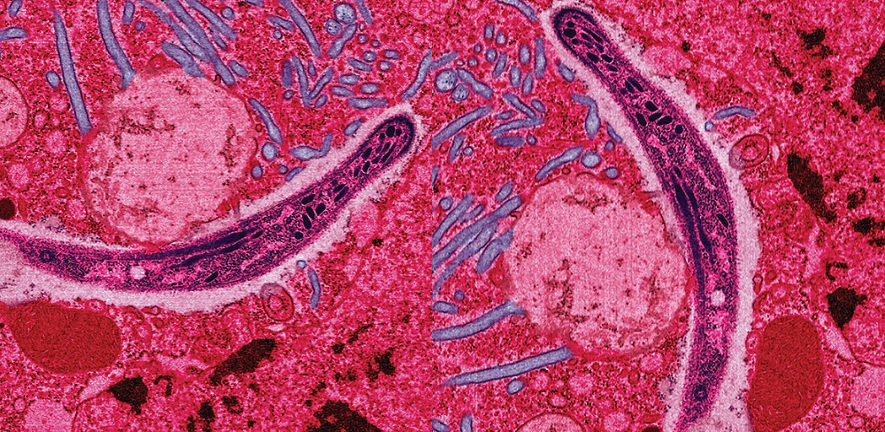
Submitted by Livia Harriman on Fri, 10/05/2024 - 10:38
Researchers have gained a deeper understanding of the complex cell division process of the malaria parasite in the recently concluded project PlasmoCycle.
The PlasmoCycle project, funded by the European Research Council, explored the complex DNA dynamics behind this parasite's cell cycles in depth.
“The Plasmodium cell cycle is fundamentally unusual, so we didn’t have good precedents to start from,” explains Catherine Merrick, associate professor in the Department of Pathology at Cambridge University and principal investigator of the PlasmoCycle project. Unlike almost all eukaryotic cells, Plasmodium doesn’t divide by binary fission. It also has multiple life-cycle stages, and what is true of one stage might not be true in another.
Merrick and her team investigated how DNA replication in Plasmodium is organised and how the environment within a human host and exposure to antimalarial drugs impact it.
Feeding into future antimalarial interventions
While the primary aim of the project was to better understand the very unusual biology of the malarial parasite, the results could help in future medical developments to counter this pathogen.
“The more we understand about the replication process, the smarter we can be about designing interventions in the future,” says Merrick.

